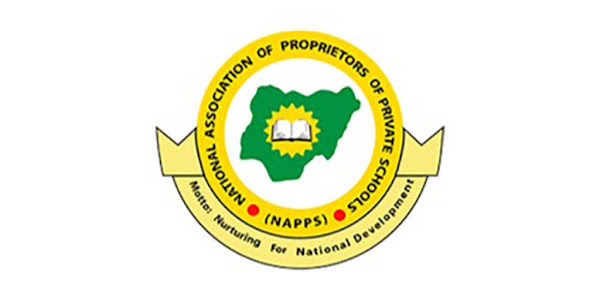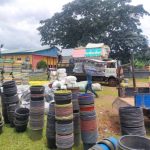The National Association of Proprietors of Private Schools (NAPPS) has raised concerns over the increasing number of student withdrawals as parents struggle to cope with the economic challenges facing the nation.
Nigeria has been hit hard by hyperinflation, worsened by the removal of fuel subsidies, the floating of the naira, and other policies implemented by President Bola Tinubu’s administration. These measures have led to a sharp rise in the cost of living, pushing many families to reconsider their financial priorities, including education.
The ongoing economic strain has triggered nationwide protests, with the Nigeria Labour Congress and the Organised Private Sector recently calling for a reversal of the new fuel price regime, which has further deepened the financial crisis.
Private school proprietors have reported that the economic difficulties are forcing parents to withdraw their children from schools due to an inability to pay tuition fees. School owners are finding themselves in the difficult position of negotiating payment plans or offering discounts to retain students.
In an exclusive interview, NAPPS President, Dr. Samira Jibir, acknowledged the gravity of the situation, stating, “Everybody is affected by the economic hardship. You can’t force parents to keep their children in schools they can no longer afford. Sometimes, we are forced to reach a compromise to retain the students.”
She added that many schools have had to discontinue transportation services due to rising fuel costs, while others have increased transportation fees in agreement with parents to cope with the situation.
Similarly, NAPPS Federal Capital Territory Chairperson, Ruth Agboola, expressed concern over the impact on both parents and school staff. She noted that in addition to student withdrawals, some teachers have resigned from their positions, opting to pursue petty trading as a more viable livelihood in the current climate.
“Some teachers have decided to leave the profession for petty trading, with one saying she would rather sell *akara* than continue as a teacher given the state of the economy,” Agboola shared.
The education sector, like many others in Nigeria, is grappling with the ripple effects of the economic crisis, with proprietors, teachers, and parents all hoping for better times ahead.




